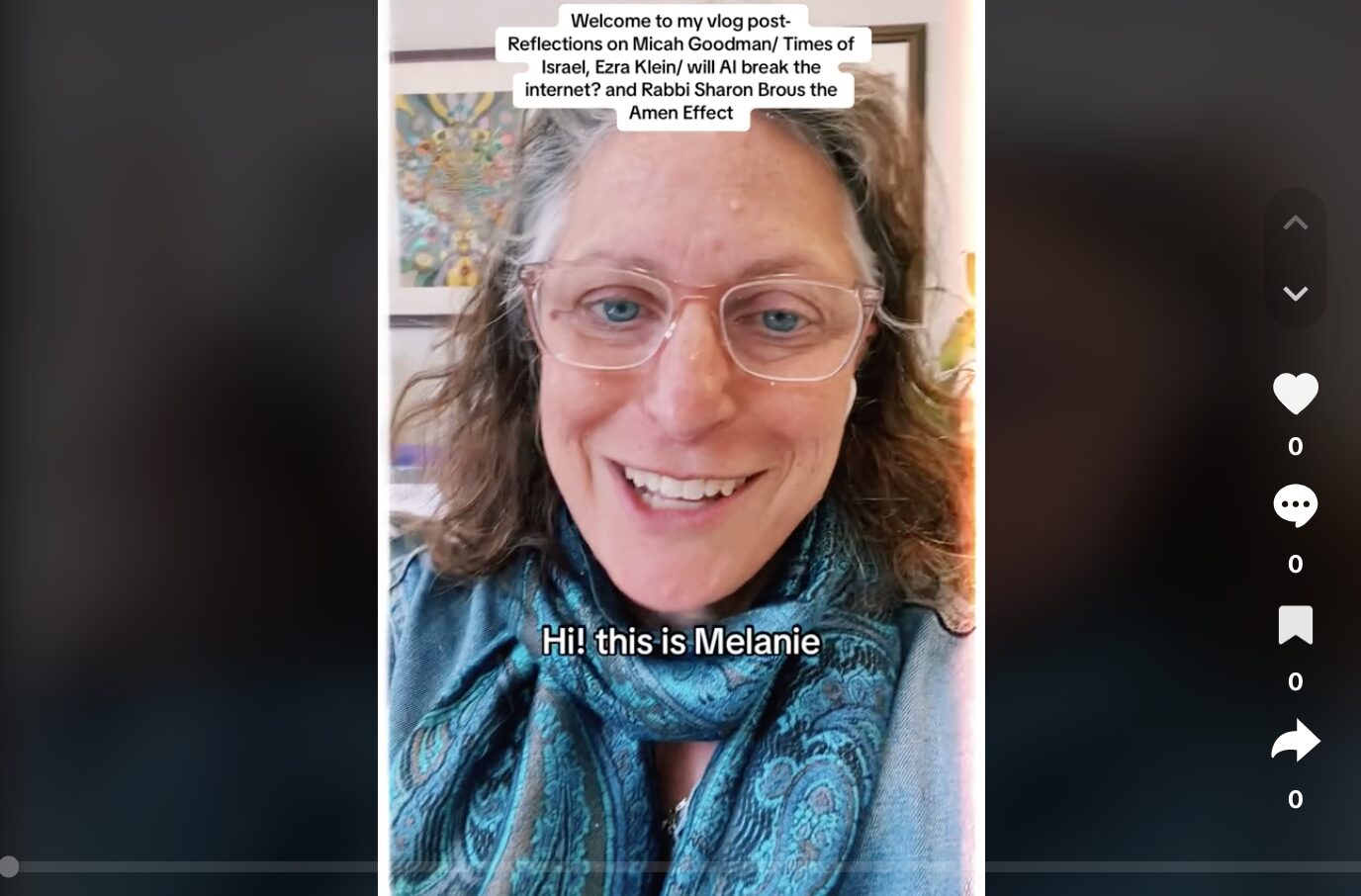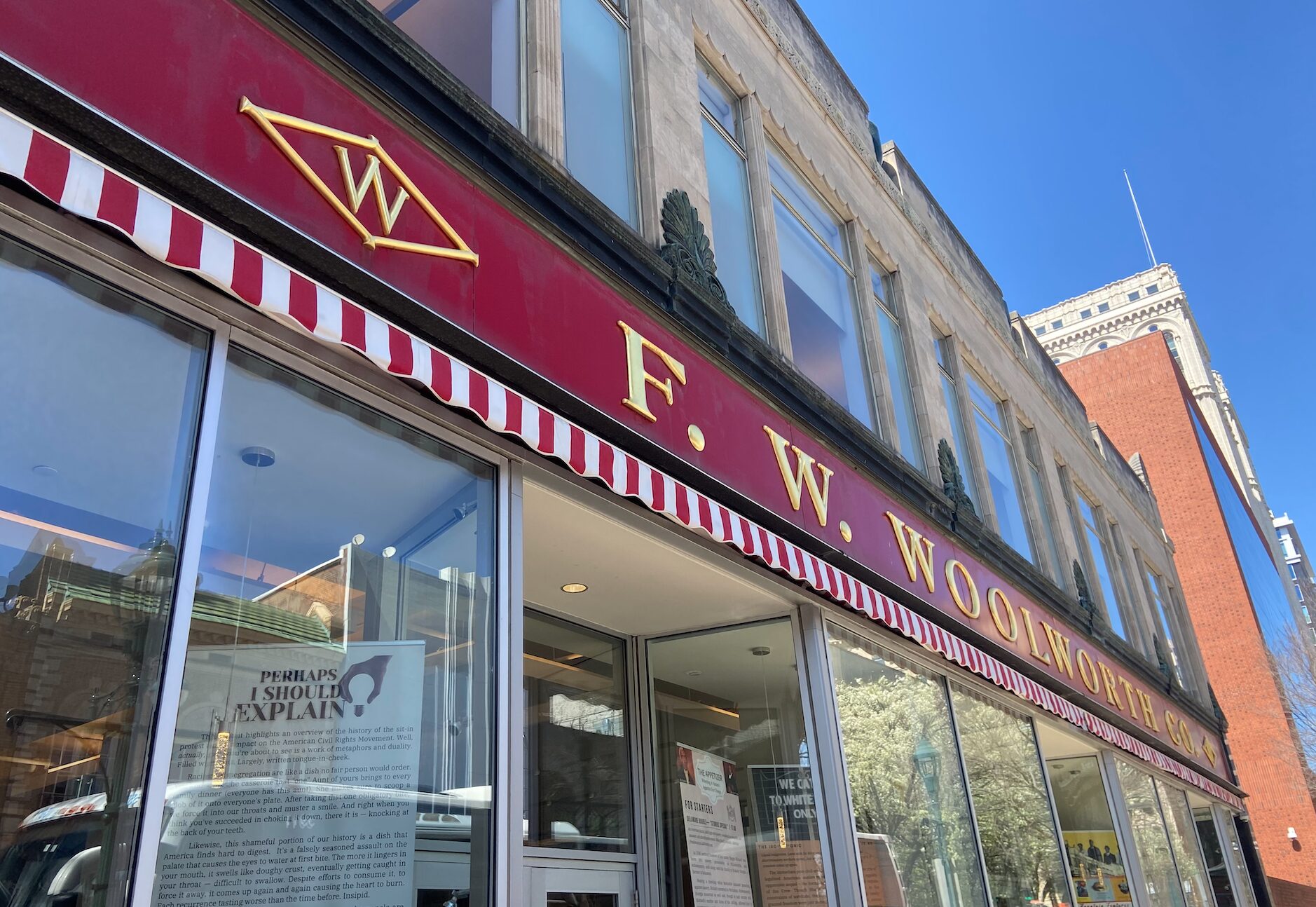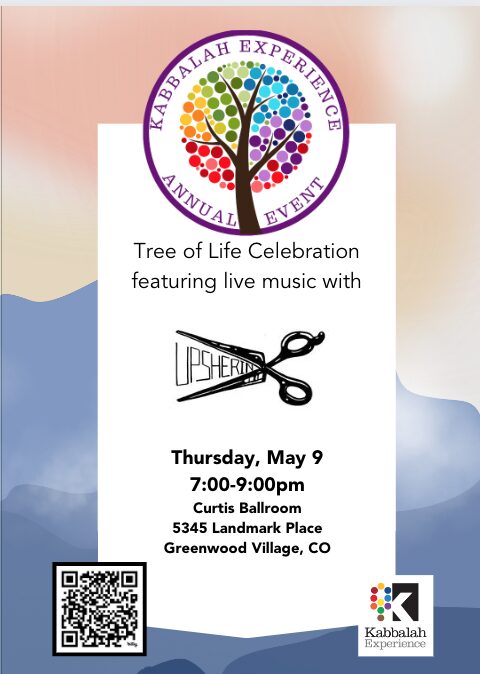 In English, compromise is defined as two parties that come to agreement by making concessions. The key word is concession. The Hebrew word for compromise is Pesher (Peh-Shin-Reish). When we compare this Hebrew root word with other similar roots the connotation is to create a connection. A bridge in Hebrew is Gesher (Gimmel-Shin-Reish) and a knot in Hebrew is a Kesher (Kuf-Shin-Reish). One of the Hebrew words for happiness or fulfillment is Asher (Alef-Shin-Reish). Based on this analysis a Pesher—compromise–need not imply a concession—it is finding what works or making something work out when there are opposites that require balancing.
In English, compromise is defined as two parties that come to agreement by making concessions. The key word is concession. The Hebrew word for compromise is Pesher (Peh-Shin-Reish). When we compare this Hebrew root word with other similar roots the connotation is to create a connection. A bridge in Hebrew is Gesher (Gimmel-Shin-Reish) and a knot in Hebrew is a Kesher (Kuf-Shin-Reish). One of the Hebrew words for happiness or fulfillment is Asher (Alef-Shin-Reish). Based on this analysis a Pesher—compromise–need not imply a concession—it is finding what works or making something work out when there are opposites that require balancing.
My Mother, may she be well, will celebrate her 80th birthday in January of 2014. She has lived a long and productive life—six children, a 31st grandchild on the way and three great grandchildren. She planted a seed a while back that it would be nice to celebrate her 80th with all of us. The challenge is that three of her children and their families live in Israel and the other three, and their families, live in the United States. The last time we gathered together as a family was years ago, in Israel, for one of the cousins Bar Mitzvahs. Life was simpler then with fewer and much younger children. Now, with so many more and older grandchildren, logistics and expense proved to be a barrier xanax effects. The plan changed to finding a meeting place for my Mom and her six children—leaving out spouses, grand and great-grand children. It did not seem as grand a family get-together.
The grandchildren (spearheaded by my older children) proposed a Pesher. Their solution can be seen as a compromise, as there is an element of “concession” involved–but their solution, one that the adults had not considered, was in the spirit of connection and to provide happiness and fulfillment for all.
They proposed that we celebrate my Mother’s birthday twice—once here in the United States and once in Israel. The three families in the United States would all gather together with Mom and Grandmom to be followed by a gathering in Israel for children, grand and great-grand children. Most importantly my Mother liked the suggestion. Objectively, there is a concession, but in the world of fulfillment—all get to participate and my Mother winds up with two parties.
I have related in class many times that when my older children were young I would offer them five dollars when they asked a good question. Over the years they have come up with many wonderful questions and answers but I only rewarded questions. This calls though for a compromise. The solution they came up with deserves the reward of a good question. May will all benefit from their wisdom.










1 Comment
Barbara Shindell · July 10, 2013 at 2:37 pm
I love this concept. I have not been comfortable with concessions as a problem solving technique or dispute resolution process either in mediation or in soul work. It is rarely sustainable, healing or soulful.